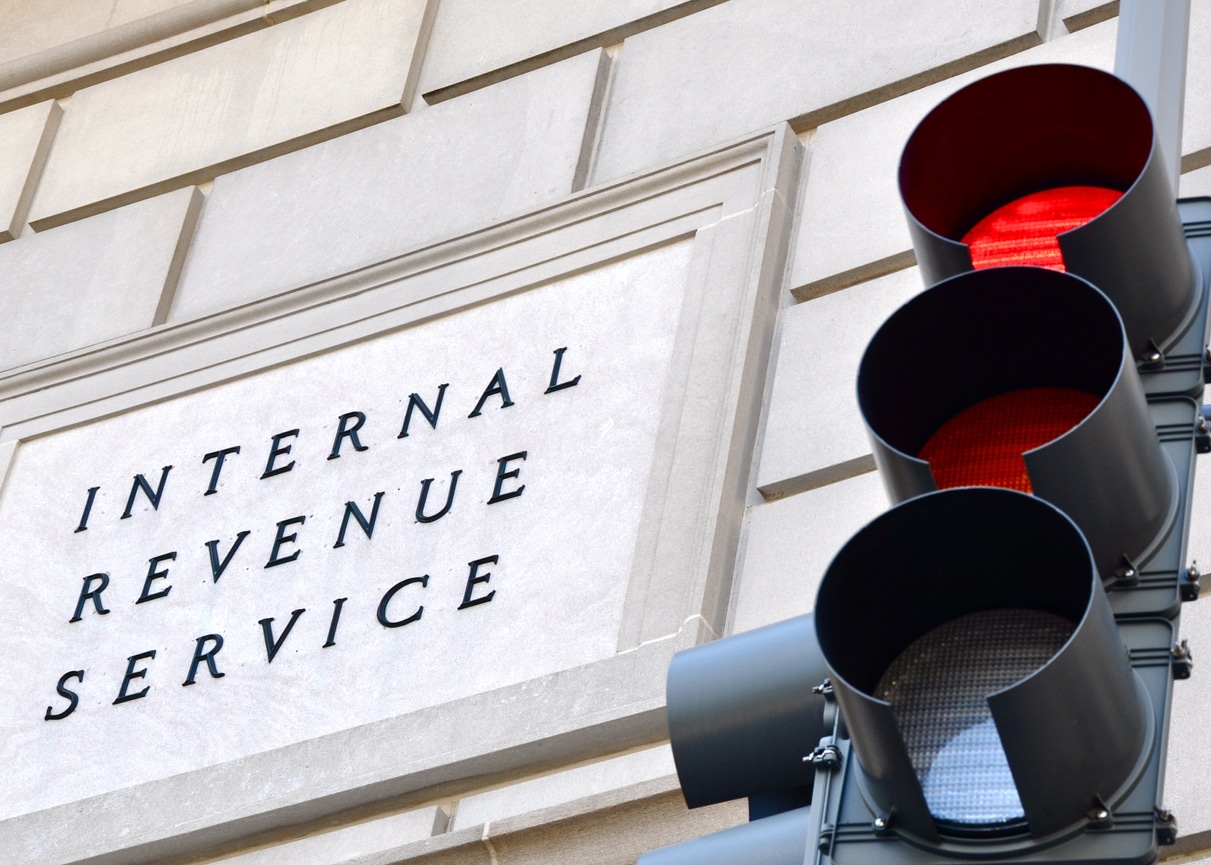
Sign up for smart news, insights, and analysis on the biggest financial stories of the day.
Scrooge McDuck went swimming in a vault of gold coins at the opening of every episode of Duck Tales, and if he were smart he probably lived off borrowing against those holdings to avoid capital gains taxes.
Later today, the White House plans to ask Congress to pass a tax targeting billionaires and super-high earners, they pay a minimum 20% on the gains in their stock holdings or commodity-filled cartoon vaults.
Two Birds With One Stone
A billionaire tax would, in theory, combat two problems. First, it’s no secret that the super-wealthy can borrow against their assets, instead of selling them, without triggering capital gains taxes. In September, the White House Office of Management and Budget said 400 billionaire families in the US paid an average 8% federal income tax rate from 2010 to 2018, lower than millions of Americans with a lot less money.
Second, Congress has been on a major spending spree in the last two years. Over $5 trillion in pandemic aid was approved to keep the economy afloat, pushing the deficit to $2.8 trillion last year and an all-time high of $3.1 trillion in 2020. The “Billionaire Minimum Income Tax,” as the White House is calling it, could help shrink the income tax gap and the deficit:
- Under the White House plan, households worth $100 million or more that pay less than 20% in taxes on their combined income and gains on unsold assets will be hit with an additional tax that brings their rate up to 20%. Only the top 0.01% of US households would be impacted — the White House called it a “prepayment of tax obligations these households will owe when they later realize their gains.”
- The White House estimates this tax will reduce the deficit by $360 billion in the next decade, over a third of its desired $1 trillion in deficit reduction. The winding down of pandemic programs and tax revenue from a strong labor market has also helped: the deficit shrunk $550 billion in the first five months of the fiscal year, compared to the same period in 2021, according to the US Treasury.
The Resistance: Last year, a plan by Senate Democrats to tax billionaires collapsed when moderate Democrats objected, and the new proposal will likely face similar hurdles. Treasury Secretary Janet Yellen admitted a wealth tax was “something that has very difficult implementation problems.”











